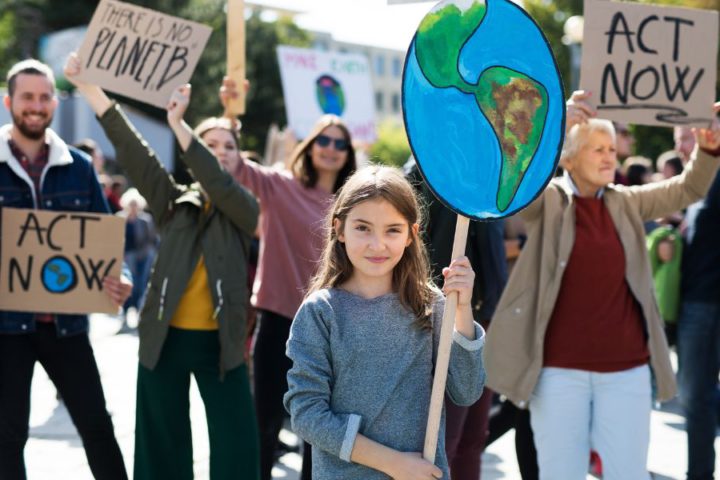Key Takeaways
Feminism is not just a movement, but a way of life that promotes gender equality and challenges societal norms and expectations.
Everyday feminism involves recognizing and addressing the subtle forms of sexism and discrimination that women face in their daily lives.
It is important to understand the intersectionality of feminism and how it intersects with other social justice movements.
By embracing feminism in our everyday lives, we can contribute to creating a more inclusive and equal society for all.
Introduction
Feminism is a powerful movement that has been instrumental in challenging and dismantling patriarchal structures and advocating for gender equality. While feminism is often associated with large-scale protests and political activism, it is important to recognize that feminism is not just a movement but a way of life. Feminism in everyday life involves recognizing and addressing the subtle forms of sexism and discrimination that women face in their daily lives. In this article, we will explore the concept of feminism everyday, its significance, and how it can be practiced in various aspects of life.
Feminism in the Workplace
One area where feminism can have a significant impact is in the workplace. Despite progress in recent years, women still face numerous challenges and barriers in their professional lives. From the gender pay gap to the lack of representation in leadership positions, there is still much work to be done to achieve gender equality in the workplace. Feminism in the workplace involves advocating for equal pay, challenging gender stereotypes, and promoting inclusive policies and practices. By supporting and uplifting women in the workplace, we can create a more equitable and empowering work environment.
Feminism in Relationships
Feminism also plays a crucial role in shaping healthy and equal relationships. In a society that often perpetuates harmful gender norms and expectations, feminism encourages individuals to challenge these norms and strive for egalitarian relationships. This means recognizing and addressing power imbalances, promoting consent and respect, and valuing emotional labor. Feminism in relationships involves fostering open communication, sharing responsibilities, and supporting each other’s personal and professional goals. By practicing feminism in our relationships, we can create a foundation of equality and mutual respect.
Feminism in Parenting
Parenting is another area where feminism can have a profound impact. Feminist parenting involves raising children in a way that challenges traditional gender roles and promotes equality. This means encouraging children to explore their interests and talents regardless of gender stereotypes, teaching them about consent and bodily autonomy, and promoting inclusive and diverse representations. Feminist parenting also involves modeling healthy relationships and challenging harmful societal norms. By practicing feminism in parenting, we can raise a generation of individuals who are empowered and equipped to challenge gender inequality.
Feminism and Intersectionality
It is important to understand that feminism is not a one-size-fits-all movement. Intersectionality is a concept that recognizes the interconnected nature of various forms of oppression, including sexism, racism, ableism, and more. Feminism and intersectionality go hand in hand, as they acknowledge that women’s experiences are shaped by multiple identities and social factors. By embracing intersectional feminism, we can ensure that the voices and experiences of all women are heard and included in the fight for gender equality.
Conclusion
Feminism everyday is about more than just attending protests or sharing empowering quotes on social media. It is a way of life that involves recognizing and challenging the subtle forms of sexism and discrimination that women face in their daily lives. By practicing feminism in the workplace, relationships, parenting, and embracing intersectionality, we can contribute to creating a more inclusive and equal society for all. Feminism is not just a movement; it is a powerful force that can transform lives and shape a better future.









